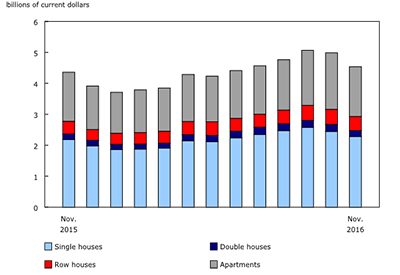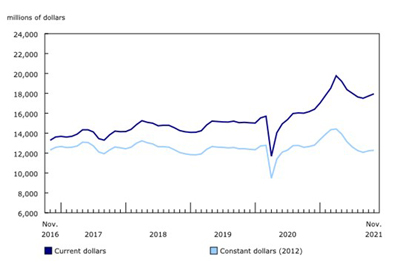Supply Chain: The Crossroads Between People & Technology

September 9, 2022
By Sandra Pedro, VP of Member Engagement & Partnerships, EFC
Supply chain disruption continues to be the industry’s number one concern, followed very closely by talent acquisition and retention. As the industry continues its digital journey, the future is technology powered and human-led. Retaining the right people and developing them to embrace technology, think, and plan for the future will enable supply chain resilience.
A recent report published by Supply Chain Canada, “The Competencies of Supply Chain Professionals,” takes a comprehensive look at key differentiators for professionals in this segment.
The five core competencies extracted from the report are defined for end-to-end supply chain success.
1. Strategy:
“Supply Chain Management (SCM) professionals demonstrate the ability to understand the current marketplace environment, conduct a gap analysis and roadmap and create an end state vision that involves the integration of different elements of supply chain to form an integrated coherent supply chain that can deliver the required business results. SCM professionals examine the economic environment and, where appropriate, introduce new business models. In today’s changing marketplace, they focus on customer centricity and growth and profitability, instead of efficiency and cost only.”
2. Design:
“SCM professionals develop business rules, policies, procedures, and controls during the design, implementation, and maintenance of supply chain strategies and processes. The objective is to ensure adherence to business rules at all times to achieve consistent operational activities, mitigate supply chain risks and ensure that the required contingencies are in place. Supply chain design is created to match the organization’s strategic position and required service levels.”
3. Analytics:
“SCM professionals use a variety of techniques (statistics, predictive modelling, and machine learning) to find meaningful patterns and knowledge in order, shipment, and transactional and sensor data. An important goal of supply chain analytics is to improve forecasting and efficiency, be more responsive to customer needs, and optimize cost and capital aligned to the strategy.”
4. Dynamics:
“SCM professionals must understand the dynamics and risks within the supply chain community, both large and small. Supply chains are complex systems involving multiple organizations with different goals and objectives. Additionally, external forces and trends can impact (positively or negatively) a supply chain’s efficiency and effectiveness. Supply chains are subject to a wide number of potential disruptions – from both within and outside the supply chain.”
5. Systems Technology Deployment:
“SCM professionals assume a leadership role in the process of selecting and implementing different types of systems technology to enable outbound supply chain processes and operations for the purpose of performance improvement. This will include the benchmarking of improvement opportunities; understanding the different types of system technologies available; assessing the functionality of different technologies, integrating these system technologies into technology architecture; and formulating an implementation plan to ensure the successful implementation of such system technologies. The protection of intellectual property and cybersecurity fall within the scope of this competency.”
SCM professionals must continually invest in upskilling and broadening their perspectives, like their peers in other professions. With all the disruption in the supply chain segment, it is more critical than ever to focus on leveraging technology and strengthening these five key competencies.
EFC’s Supply Chain Network meets regularly throughout the year to support SCM professionals to stay current with the industry’s needs. This forum is a place for members to share and gain knowledge about the latest developments and trends in digital supply chain practices to help the electrical channel’s supply chain become digitized to improve quality, productivity and service levels.
Visit EFC’s Supply Chain Network webpage and sign up to attend the next meeting.











